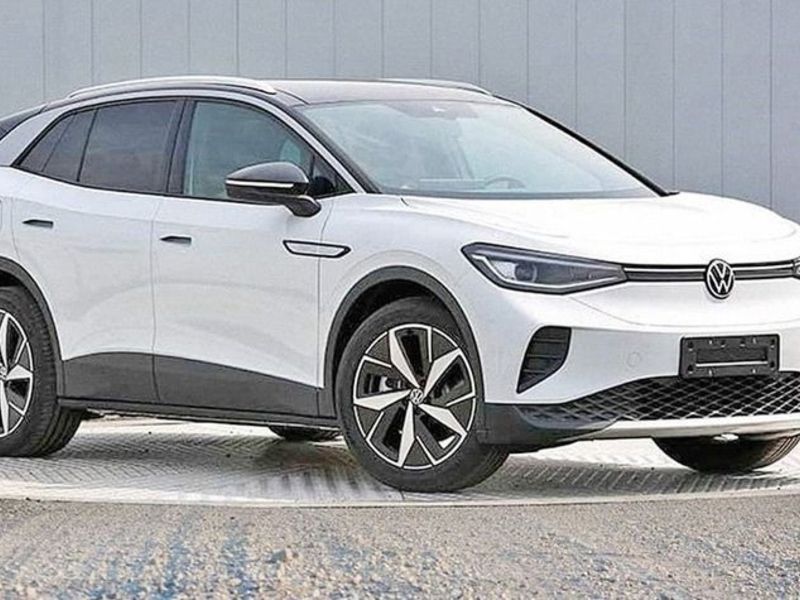
Volkswagen of America executives are still working with their German counterparts to lock up sufficient allocation of the ID4 — VW’s new Tiguan-size battery-electric crossover — from the single German plant supplying Europe and North America.
Some 99 percent of Volkswagen’s 650 U.S. dealers have signed up to sell the ID4 when it goes on sale late this year. VW is under some pressure to get the vehicle in U.S. dealerships — at least those in zero-emission vehicle states — by the end of 2020 to fully comply with the terms of its multibillion-dollar settlement over its 2015 diesel- emissions scandal. The BEV is to be revealed globally on Sept. 23 and will be available in all but a handful of U.S. dealerships next year.
“The factory [in Zwickau, Germany] is ramping up hard” since the start of production this month, said Duncan Movassaghi, executive vice president of sales and marketing for Volkswagen of America. “We believe that the demand for the car globally will be strong, and we’re still working with our colleagues in Germany to get the very best allocation we can to the U.S. market.” He said Volkswagen’s board of management and senior leadership have “been very, very supportive” of making sure the compact crossover will be available in sufficient numbers when it goes on sale.
Volkswagen of America CEO Scott Keogh told Automotive News Publisher Jason Stein in a podcast interview to be broadcast this week that ID4 supply is expected to be tight for U.S. dealers at least until production of the BEV begins in 2022 in Chattanooga.
“Right now, there are a lot more mouths to feed than there [are] vehicles,” Keogh said. “We’re going to continue to fight for every car. But we could probably use a few more.”
Volkswagen will use a centralized online reservation system in North America to accept initial $100 refundable deposits from consumers either online or from a VW dealership to hold their place in line for an ID4, Movassaghi said last week. Later, customers will be asked to go into the dealership or continue online to deposit an additional $400 to confirm their order and lock in their configuration. Both deposits will be fully refundable until the car is delivered.
Once they sign up, consumers will be able to see the status of their reservation and get updates through the build and delivery process for their individual vehicle. Incentives, including the $7,500 federal credit, will be automatically configured into the online pricing by ZIP code.
The reservation system is similar to the one Audi used when it launched the e-tron compact crossover in the U.S. in 2018, except that Audi deposits were $1,000. While many automakers have turned to taking reservations for new models — including Ford’s recent hit with the Bronco — this is the Volkswagen brand’s first time doing so. Such reservations are “a vote of confidence in our new products from our customers and gives us a sneak peek into purchase intention before the car even hits our showroom,” said Dustin Krause, director of e-mobility with Volkswagen of America.
The actual sales price will still be set by the local dealer and could differ from the sticker price, which has not been disclosed. Keogh suggested that the ID4’s sticker price would be “a tick over” $30,000, after available credits.
VW dealerships are undergoing individual reviews now to prepare them to sell electric vehicles, with Volkswagen subsidizing up to 85 percent of the costs of the needed dealership infrastructure.
The ID4, based on Volkswagen’s modular battery-electric MEB platform, is expected to launch with an estimated range in excess of 300 miles, according to other VW executives.
The compact crossover is the second model in a series being produced by the company in Zwickau, following the ID3, a Golf-size subcompact hatchback that went on sale in Europe this year after a delay caused by software issues. The smaller ID3 is not expected to be exported to North America.